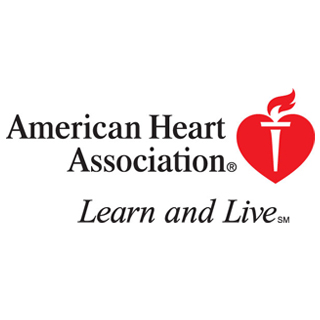
The discoveries on the value of B vitamins were said to be steady with studies in Europe and North America, even though the nutritional intake of vitamin B-6 is believed to be usually lesser in Japan as compared to the US.
“Japanese people need more dietary intake of folate and vitamin B-6, which may lead to the prevention of heart disease,†commented, Hiroyasu Iso, M.D., professor of public health at Osaka University.
Study authors evaluated data from roughly 23,119 men and 35,611 women, who finished food frequency questionnaires as part of the big Japan Collaborative Cohort (JACC) study. The participants were between 40-79 years. During a median 14 years of follow-up, roughly 986 died from stroke, 424 from heart disease and 2,087 from all diseases linked to the cardiovascular system.
Investigators split volunteers into five groups based on their consumption of folate, vitamin B-6 and vitamin B-12. Comparing those with the diets lowest and highest for each nutrient, it was seen that apparently elevated intake of folate and vitamin B-6 was said to be linked to considerably lesser deaths from heart failure in men, and drastically fewer deaths from stroke, heart disease and total cardiovascular diseases in women. Vitamin B-12 intake was apparently not connected to decreased mortality risk.
The defensive consequences of folate and vitamin B-6 apparently didn’t vary when study authors regulated for the attendance of cardiovascular risk factors or when they removed supplement users from the investigation.
Folate and vitamin B-6 may aid in protecting against cardiovascular disease by cutting down homocysteine levels. Homocysteine is claimed to be an amino acid in the blood that is believed to be affected by diet and heredity. Folic acid and other B vitamins could assist in breaking down homocysteine in the body.
A straight underlying connection has supposedly not been established, but proof appears to have displayed that surplus homocysteine could impair the inner lining of arteries and endorse the development of blood clots. Sources of folate encompass vegetables and fruits, whole or enriched grains, fortified cereals, beans and legumes. Sources of vitamin B-6 comprise of vegetables, fish, liver, meats, whole grains and fortified cereals.
The study was published in Stroke: Journal of the American Heart Association.
